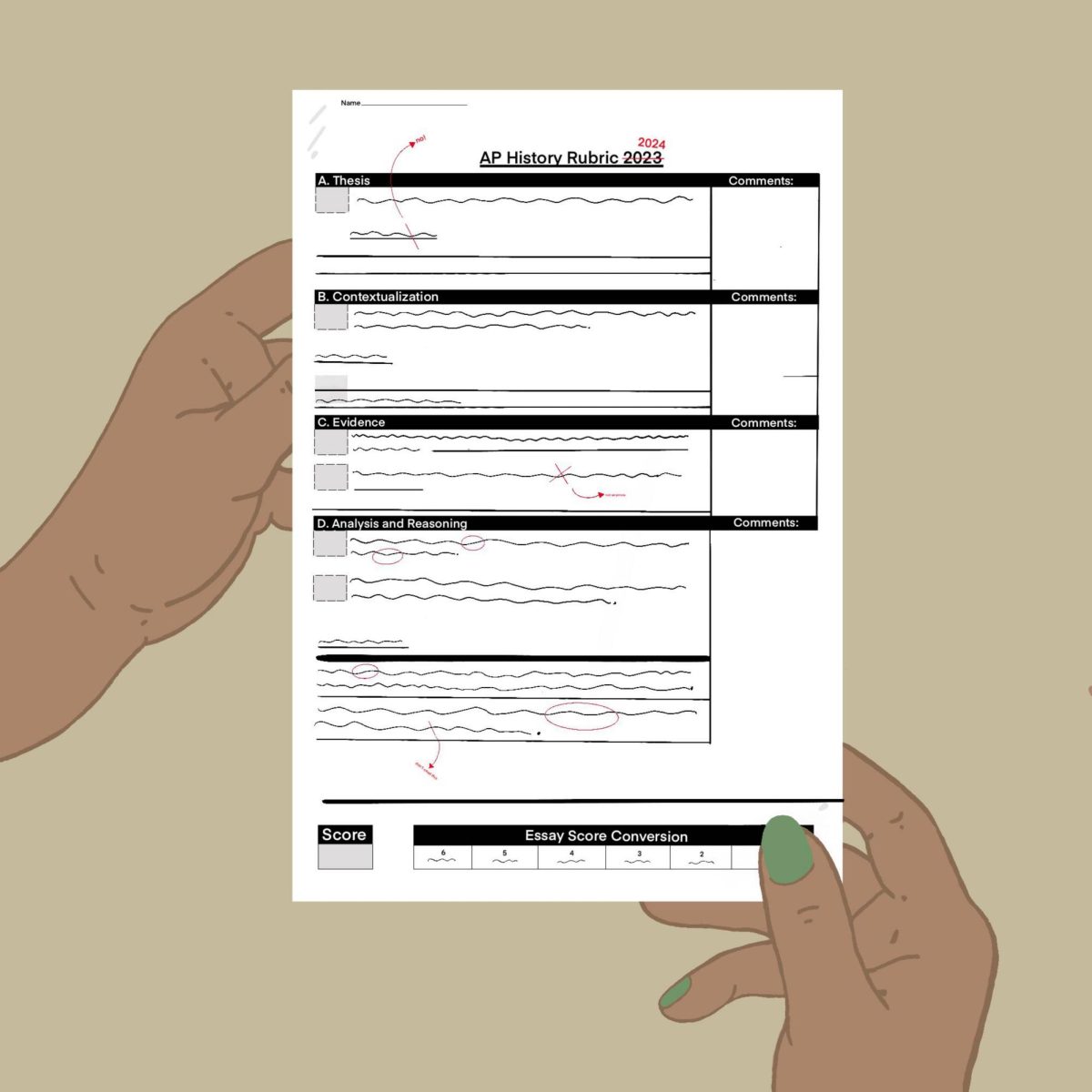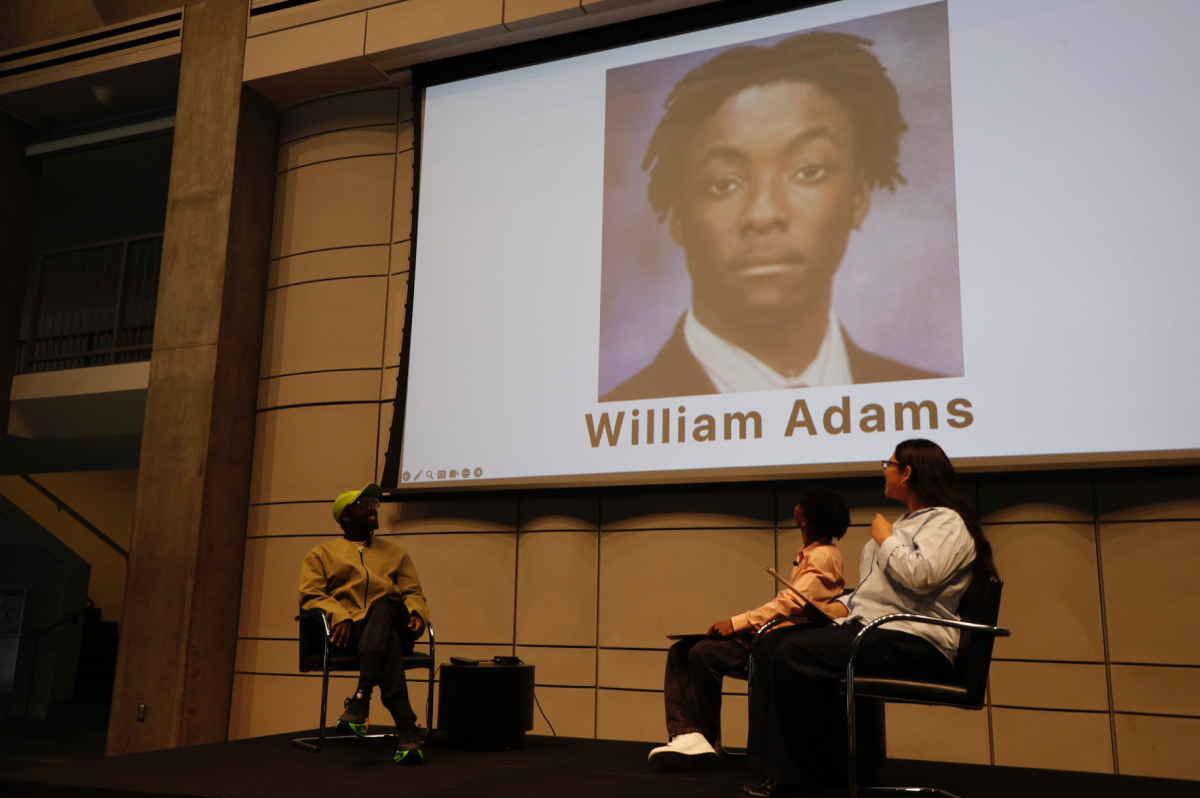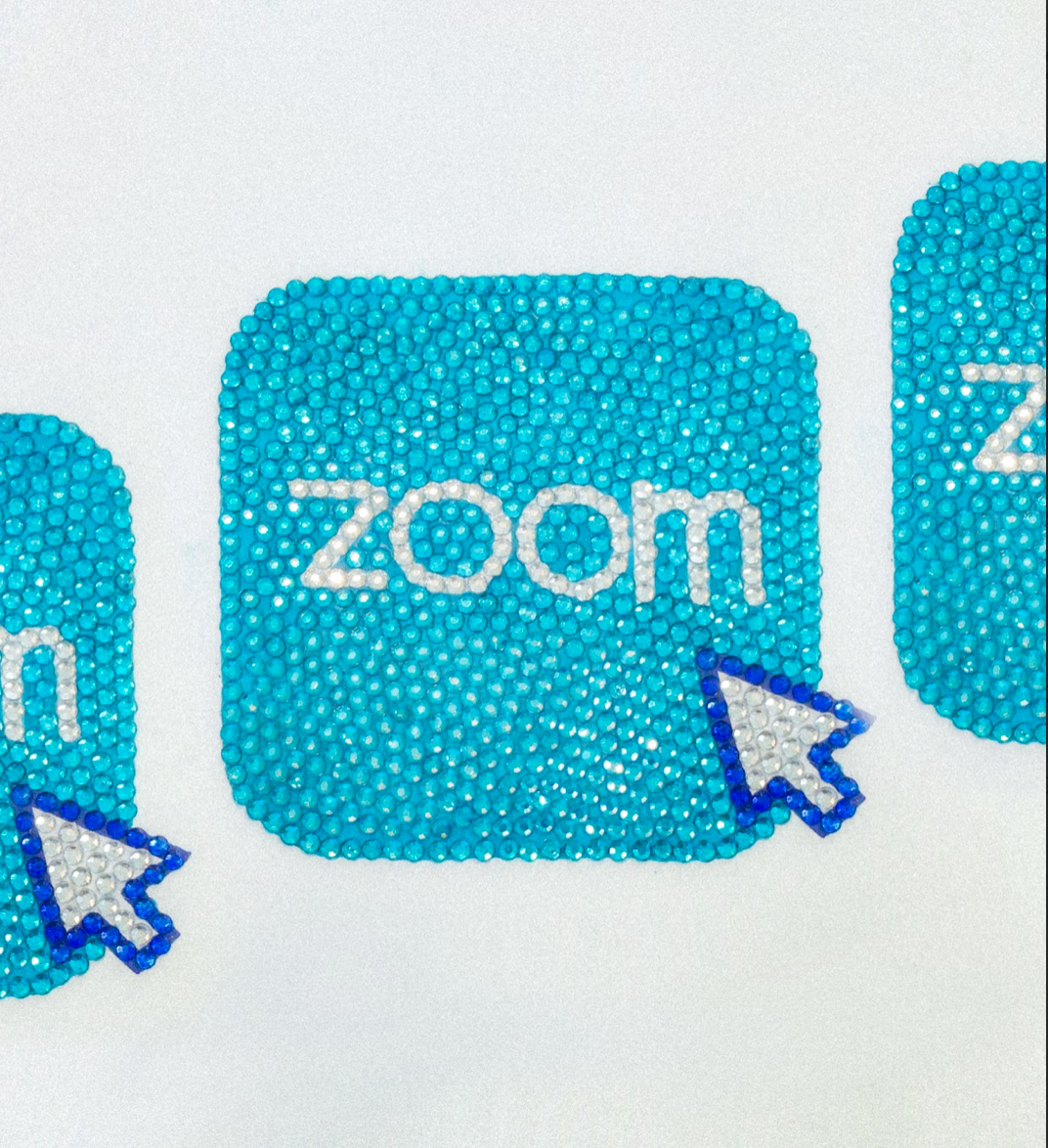Following a swirl of rumors about alleged changes, the College Board officially announced that they made adjustments to the Advanced Placement (AP) History rubrics in early September. These changes will be implemented for AP World History, AP European History and AP United States History starting in the 2024 AP Exam season. The College Board stated that the changes would only affect the document-based question (DBQ) and long essay question (LEQ).
On the DBQ, while the thesis, contextualization and evidence beyond the document points will remain the same, students now only need to source two of the seven documents rather than three. For the evidence from the documents point, test takers now only need to use four documents as evidence instead of six to earn the evidence points. For analysis and reasoning, the minimum number of documents cited which are needed to earn the point was changed from three to two.
The College Board also introduced new ways for students to earn the complexity point in the DBQ. Nicknamed the “unicorn point,” the complexity point is regarded by many as notoriously difficult for test takers to receive, but these new changes have made it more attainable for students to earn this point.
Students can now earn the complexity point by supporting their argument with seven documents, sourcing at least four documents or by successfully exploring alternate perspectives. Moreover, demonstrating sophistication throughout the entire essay is no longer a requirement to earn the point for either the DBQ or the LEQ, and only needs to be present in part of the essay.
The changes have led to a slew of mixed reactions. One popular AP history content creator, Steve Heimler, explained the changes to the rubrics in a YouTube video titled “BIG CHANGES for the DBQ and LEQ!”
“It is now easier for [students] to score higher on these essays,” he said. “The bar has been lowered with or without our consent and that’s just the way it is.”
Heimler later added that while the College Board has changed the point structure, they have not added any new skills to writing the essays.
“Why they would do this in September and not in June or July baffles me… but baffled or not, we need to get ready,” Heimler said.
Junior Zachary Amster, who is currently taking AP US History and took AP World History last year, said that he is grateful for the rubric updates.
“Although the rubric was harder last year and may have been a reason why I didn’t do as well on the writing assignments and tests, making it easier this year is fair because it will give all students a better chance at doing well,” he said.
Amster said that his in-class struggles in AP World History last year stemmed mostly from the strict requirements of the rubric.
“When we took unit tests in class, I scored a lot lower on the DBQ and LEQ sections,” Amster said. “I think these rubric changes will not only help me score better on the [upcoming] AP test, but also in class.”
Senior Liam Saven took AP European History and AP US History his sophomore and junior years. He said that he dislikes the changes, as someone who took these AP courses with the more difficult rubric.
“It does make me feel upset that it would’ve been easier if I had taken the class this year,” Saven said. “It feels unfair that I had to work harder than the newer classes.”
Saven also believes that the new changes will affect how colleges view AP scores.
“Colleges are going to see the same scores for different people… because some kids might’ve done worse than others but gotten the same score just because they [took the class] a year later,” he added.
AP US History teacher Stephanie Moore, who has been teaching the course for 15 years, believes that these updates are a helpful and positive change for students.
“I think [the changes] are fair,” she said. “The College Board is just reflecting on where students are at.”
In 2021, Pali’s AP US History pass rate was 73 percent, according to the Pali High website. Moore said she hopes that these changes will help bring this number up even higher.
“The changes are very generous,” she said. “I think they make it much easier for kids to get a higher score.”
Gabriella Montes, a senior who has taken both AP European History and AP US History, offered a different perspective on these new changes. She said that while she may have prepared for and taken these exams with a harder rubric, she believes that it ultimately benefited her.
“I do think that the more rigorous rubric before definitely made me a better writer now and set me up for writing in my English class this year,” Montes said. “Obviously it’s easier now, but I think the more rigorous rubric sets you up for success in other classes.”
Montes added, “While [the rubric changes] are helpful because it makes it easier for people to get full credit, I think it’s hurtful at the same time because the new students are not really being challenged as much.”









